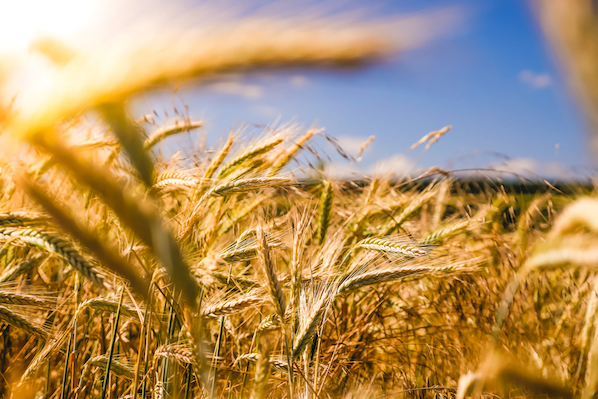
We live in an age of immense and often overwhelming information sharing. The internet, social media, and a cacophony of smart devices have democratized the flow of information so that everything from TikTok dances to lifehacks to the fringiest of conspiracy theories find a wide, enthusiastic audience. No matter your informational vice, it’s usually a safe bet to abide by Occam’s razor: “the simplest explanation is usually the best one.” In other words, don’t overthink it. When it comes to food traceability in the supply chain, the stakes are simple: the more traceable every ingredient in the food supply chain is, the better for public health.
Consider that an estimated 600 million people globally fall ill every year after eating contaminated food, with 420,000 of them dying. Unsafe food containing harmful bacteria, viruses, parasites, or chemical substances causes more than 200 diseases, from diarrhea to cancer. A whopping $110 billion is lost each year in productivity and medical expenses resulting from unsafe food in low- and middle-income countries. The United States imports about 15 percent of its food supply from other countries. More than 200 countries and 125,000 food facilities and farms supply about 32 percent of the fresh vegetables, 55 percent of the fresh fruit, and 94 percent of the seafood that Americans consume. So how do we ensure the safety of it all? Taking into account widely varying protocols and regulations from one region to another, it can feel like an insurmountable, almost hopeless situation to get control over.
Where Food Traceability Becomes Indispensable
With advanced technologies comes the promise of full end-to-end traceability. Such systems supply proactive transformational intelligence to reduce the risk of recalls, strengthen food safety and compliance, and maximize quality, yield, and profit. While enterprise resource planning (ERP), manufacturing execution systems (MES), and manufacturing operations management (MOM) solutions help, they lack in addressing the entire supply chain and providing proactive, actionable insights.
Indeed, cutting-edge food traceability helps manufacturers gather data from grain storage, for instance. Grain suppliers need to collect data on their product’s temperature, humidity, and storage levels. Traditionally this data is collected manually and analyzed at the farm level. Through electronic integration, utilization of industrial internet of things (IIoT) sensors, and intelligent data analytics, however, farm-to-fork traceability can be achieved. Now businesses can visualize potential grain quality issues well in advance, allowing manual inspections and/or rejection of certain batches. With supply chain issues smoothed over, manufacturers can keep their plants running at full capacity more often, which can lead to a vast positive gain in yield. Additionally, smart manufacturing can send up an alert when it’s time to move grain from one silo to another, preserving the organic nature of grain and increasing cost-efficiency at the supply level.
Much Is at Stake
The price of flubbing these critical, complex, yet manageable situations is prohibitive. Fifty-two percent of all recalls cost more than $10 million, 23 percent cost more than $30 million. The concerns are numerous: foodborne illnesses (norovirus, salmonella, clostridium perfringens, and campylobacter, to name a few), recalls, contamination, spoilage, even consumer distrust. That’s right, immediate damage is just the beginning; damage to reputation can be even worse.
Consider how focused consumers have become in knowing the sustainability and environmental impact of the foods and products they choose. Even if recalls and waste don’t hurt your business, compromised consumer perception due to a lack of transparency will.
In other words, supply chain management technology powered by Industry 4.0 smart manufacturing is more critical than ever.
ThinkIQ Food & Beverage Traceability And Manufacturing Software
This is where food traceability and supply chain management come together for tremendous effect. End-to-end real-time material movement tracking can provide an unprecedented level of traceability by utilizing traditional and IIoT sensor data and advanced algorithms combined with semantic modeling to automatically detect physical events. This data is then used as the “spine” to connect existing disparate systems and open up the discovery of correlations that reveal issues not seen before in the supply chain.
ThinkIQ’s fact-based, granular, data-centric contextualized view of material flows and related provenance attribute data provides that unprecedented traceability. Our solutions provide farm-to-fork insight that leads to improved yield, quality, and compliance while reducing waste and environmental impact. Simply put, we make it simple to ensure better public health.
Don't wait any longer, contact one of our experts for a consultation today. You can also start by downloading our eBook titled "Advanced Material Traceability Revolutionizes Digital Transformation".

